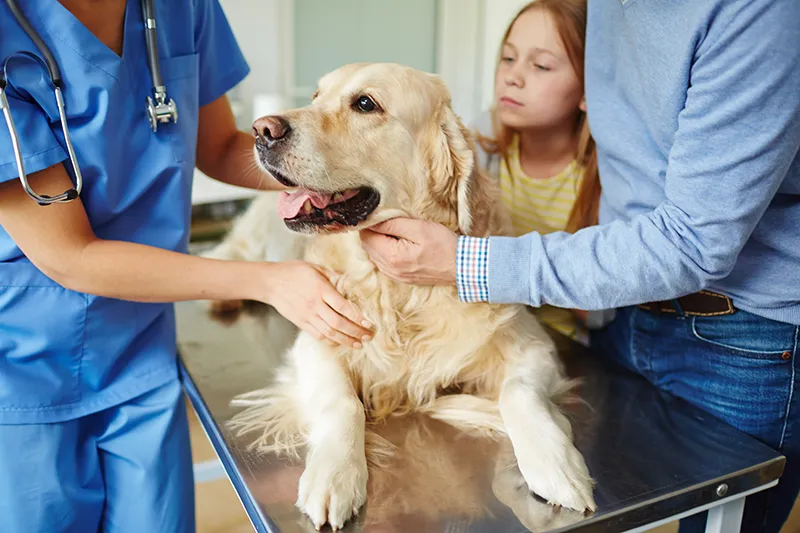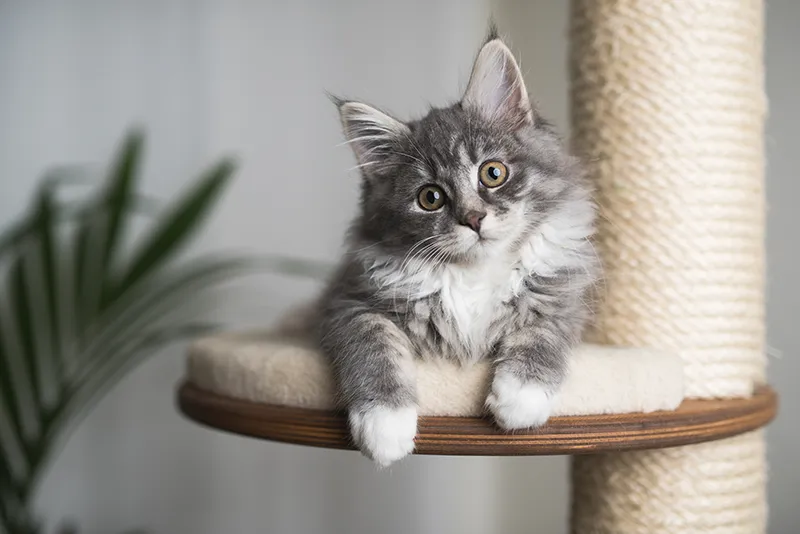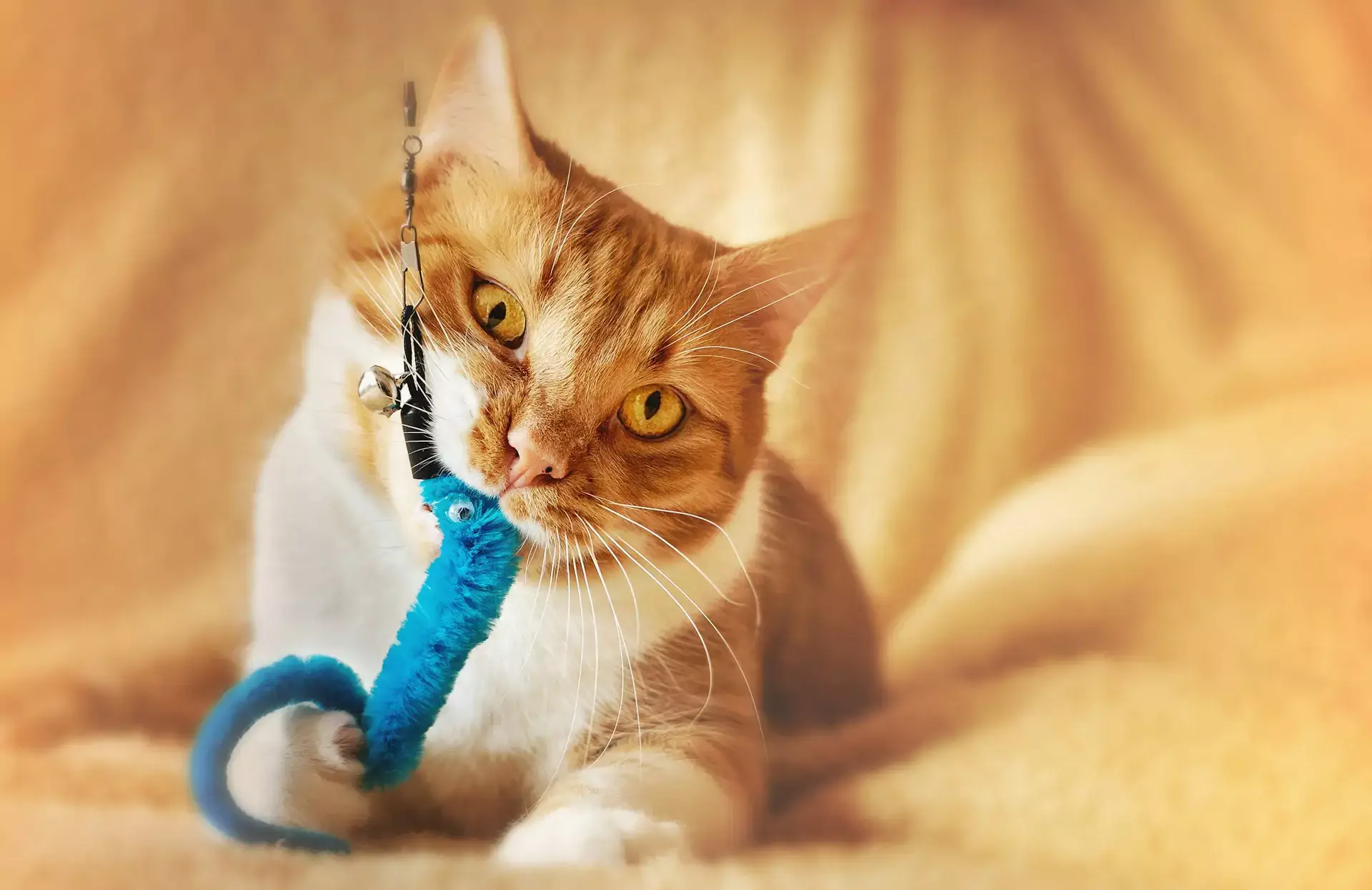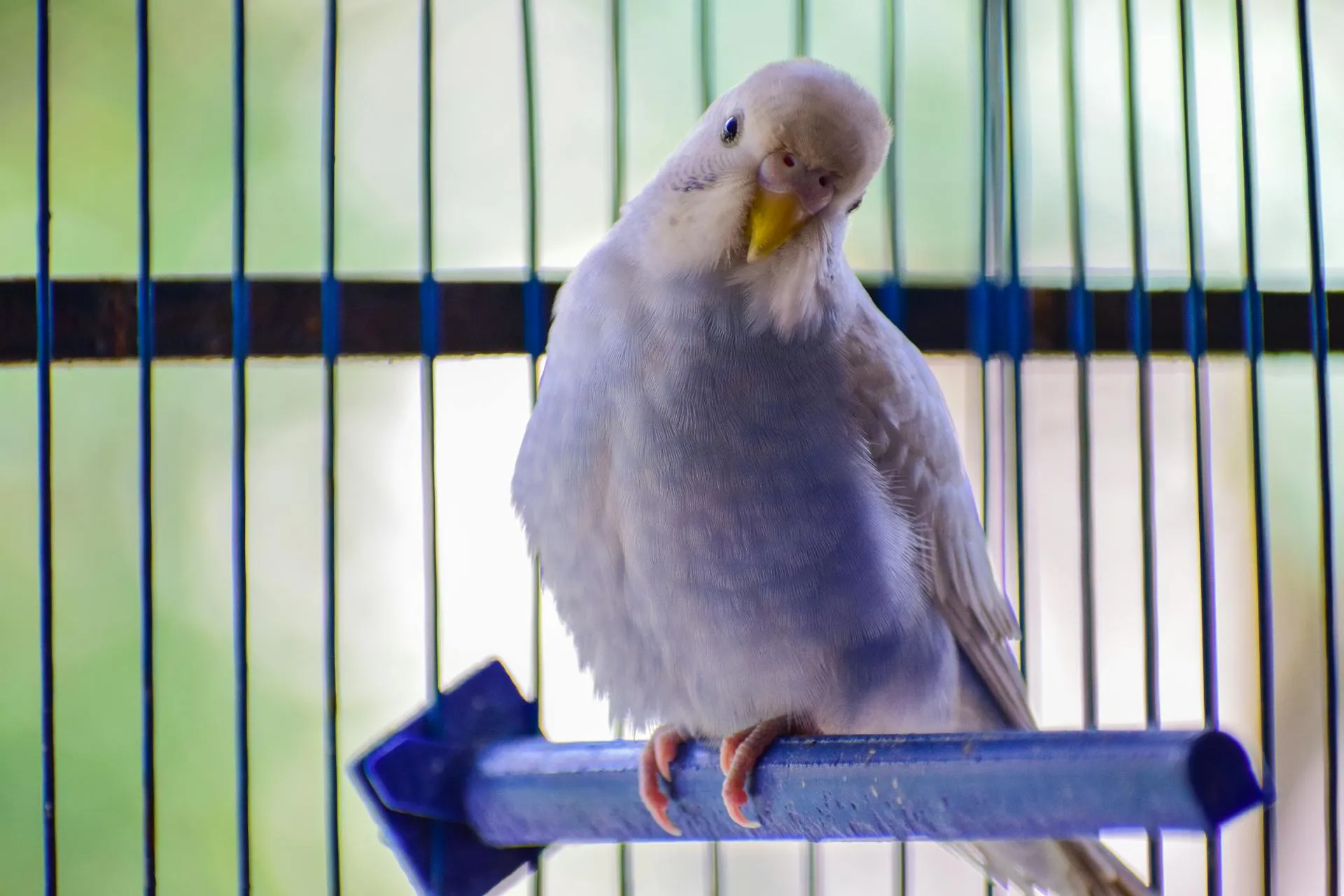At Galena Animal Medical Clinic in Middletown, DE, one of the most frequent questions we hear is, “What illnesses should I watch out for in my cat?” It’s a smart question—because cats are incredibly skilled at hiding discomfort. In this post, we’ll explore the most common cat illnesses, highlight signs of illness in cats, and share how early detection of cat health problems can make all the difference.
Why Prevention Matters in Feline Health
Cats are often seen as low-maintenance companions, especially when compared to dogs. But despite Fluffy’s calm exterior, feline health needs are just as complex. Preventive care not only helps your cat live longer—it helps her live better.
With regular wellness exams, appropriate vaccinations, and close monitoring at home, you can avoid many of the most common feline diseases or catch them early while treatment is still simple and effective.
Common Cat Illnesses to Know
Let’s look at the top health conditions we diagnose in cats here at our veterinary clinic:
1. Upper Respiratory Infections (URIs)
Think of it like a feline cold. URIs are highly contagious, especially in shelters or multi-cat homes.
Symptoms include:
- Sneezing
- Runny eyes or nose
- Coughing or congestion
- Decreased appetite
Preventive care includes vaccinations (like FVRCP), avoiding overcrowded environments, and keeping new pets separated until cleared by your vet.
2. Dental Disease
Over 70% of cats over age 3 show signs of dental disease. This is just as painful and dangerous for Fluffy as it is for us.
Look for:
- Bad breath
- Drooling
- Red or bleeding gums
- Difficulty chewing
Annual dental exams and cleanings are key. At Galena Animal Medical Clinic, we offer safe, gentle cleanings to remove tartar and prevent painful infections.
3. Feline Lower Urinary Tract Disease (FLUTD)
FLUTD is a group of conditions that affect the bladder and urethra.
Signs include:
- Frequent trips to the litterbox
- Straining or crying during urination
- Peeing outside the box
- Blood in the urine
This is a medical emergency in cats. If you notice any of these signs of illness in cats, call your vet or an urgent care center immediately.
4. Kidney Disease
Chronic kidney disease (CKD) is common in senior cats.
Watch for:
- Increased thirst and urination
- Weight loss
- Vomiting
- Poor coat condition
Routine bloodwork helps with early detection of cat health problems like CKD—before symptoms become obvious.
5. Hyperthyroidism
Most often affecting older cats, hyperthyroidism causes a cat’s metabolism to go into overdrive.
Symptoms may include:
- Weight loss despite eating more
- Vomiting or diarrhea
- Hyperactivity or restlessness
- Increased thirst
Your vet can diagnose this condition with a simple blood test and recommend safe treatment options.
6. Diabetes Mellitus
This condition, while more common in dogs, is rising in cats—especially those who are overweight.
Warning signs:
- Increased hunger and thirst
- Lethargy
- Sudden weight loss
- Poor coat
Treatment often includes insulin and dietary changes. Regular checkups can help prevent or manage this condition successfully.
How to Prevent Feline Diseases
Preventing illness in cats begins with three pillars:
- Routine veterinary care
- A safe and healthy home environment
- Your attention as a loving pet parent
Here’s what you can do:
Schedule Annual Exams
Routine checkups are your cat’s first line of defense. At Galena Animal Medical Clinic in Middletown, DE, we perform full physical exams, dental checks, parasite screening, and bloodwork to detect issues early.
Keep Vaccinations Current
Following a cat vaccination schedule helps protect against serious (and sometimes fatal) illnesses like rabies, feline leukemia virus (FeLV), and panleukopenia.
Feed a Balanced Diet
Cats need high-protein, low-carb diets tailored to their life stage. Obesity increases the risk of diabetes, joint problems, and even certain cancers. Ask your vet for recommendations.
Provide Mental and Physical Enrichment
Cats need stimulation to stay mentally sharp and physically healthy. Puzzle feeders, climbing spaces, and interactive play reduce stress and prevent illness related to boredom or inactivity.
Stay Alert to Behavioral Changes
The earlier you catch something, the better. Subtle changes in behavior—like hiding, less grooming, or new litterbox habits—can signal early illness.
Fun fact: Cats often show changes in behavior before physical symptoms appear. Trust your gut if something feels “off.”
FAQs About Common Cat Illnesses
What is the most common health problem in cats?
Dental disease is the most common. More than two-thirds of adult cats have signs of it—and many don’t show symptoms until it’s advanced.
How can I tell if my cat is sick?
Look for changes in appetite, activity level, litterbox use, grooming habits, or vocalizations. If your cat seems different, even slightly, call your vet clinic.
Are vaccines really necessary for indoor cats?
Yes. Even indoor cats can be exposed to diseases via humans, new pets, or insects. Core vaccines protect against dangerous viruses and are essential for all cats.
Can I prevent kidney disease in my cat?
You can’t always prevent it, but early detection and management (such as proper hydration and diet) can slow its progression significantly.
Should I bring my cat to the vet if she seems fine?
Yes! Cats are excellent at hiding illness. An annual exam often reveals issues before you notice symptoms, allowing for early treatment and a better outcome.
Keep Your Cat Safe and Healthy in Middletown, DE
Feline illnesses don’t have to sneak up on you. With knowledge, vigilance, and trusted veterinary care, you can prevent many of the most common cat health issues—or treat them effectively when caught early. At Galena Animal Medical Clinic in Middletown, DE, we’re passionate about helping cats live their best lives.
If it’s been a while since your cat’s last checkup, or if you’ve noticed anything unusual, reach out to our veterinary clinic today. We’re here to help you keep Fluffy feeling fabulous.
Looking for a “veterinary clinic near me” that truly understands cat care? Galena Animal Medical Clinic is here for you.







!Social Media Icons